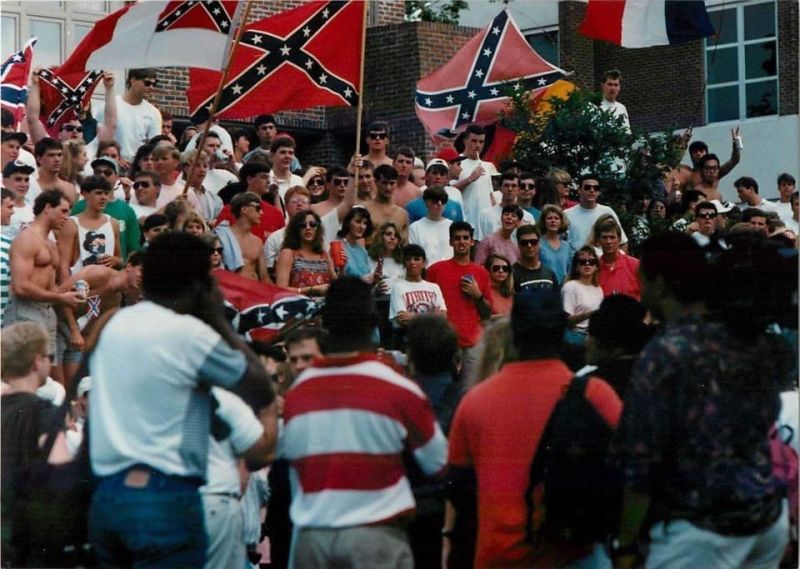 |
| Credit: courtesy of the Lewis family |
The third of ten children born to sharecropper Eddie Lewis and his wife, Willie Mae, John Lewis was out in the blistering Alabama fields at age 4, picking cotton, gathering peanuts, pulling corn. The family survived on the leavings after their white landlord deducted his rent in cash or crops. They lived in “Carter’s Quarters,” a tract that had been home to Willie Mae Carter’s family since slavery days. Ironically, it was just a few miles from where John Lewis’s great opponent, Gov. George Wallace, was raised.
My father couldn’t afford a newspaper subscription. I’d walk half a mile to get my grandfather’s paper after he got done reading it. I kept up with what was going on, reading that paper and listening to that radio. . . . We ordered everything from the Sears & Roebuck catalog. We called it ‘the Wish Book.’ . . . I was bused 18 miles to the Pike County Training School. Black schools were ‘training schools’; whites went to high schools. We had old broken-down buses, ragged books, a rundown building. White students had new buses, nice painted buildings with the grounds kept up. . . . In Troy, they had a soda fountain where you could get Coca-Cola. We called it a combination. A black person could not take a seat. We had to stand at the end of the counter. ‘May I have a combination?’ You put your money down and went outside to the street corner to drink it. . . . As a young child I saw a difference. I resented it. Even the country road where I grew up—because black people owned the land, the road was left unpaved for many, many years. When it rained, the bus got stuck in the mud. That was life in Alabama.—U.S. Rep. John LewisListen to John Lewis describe how Rev. Martin Luther King Jr inspired him in his own words.
While researching John Lewis EYE discovered black politics are more complex than they look.
Sometimes, going back into history is what helps define the present in black politics and helps point the way forward. The fight for Atlanta’s fifth congressional district once upon a time, in 1986, pitted two civil rights icons, Julian Bond and John Lewis, against each other. It is the sort of history that tells us everything about much of black politics today: Bond, the intellectual race man beloved by blacks, loses to John Lewis, the man who sold himself particularly well to whites.Rest in peace, power, and love with the #Ancestors Congressman John Lewis. EYE will keep getting into #GoodTrouble in #SweetHomeAlabama in honor of your courage and sacrifice.


